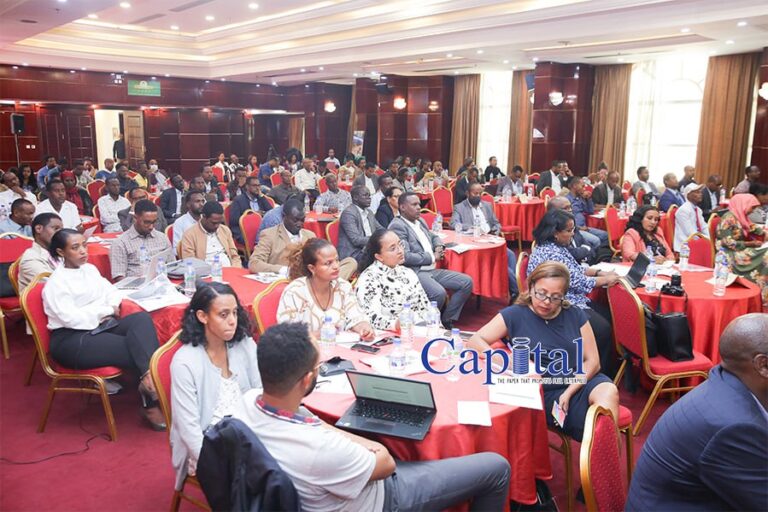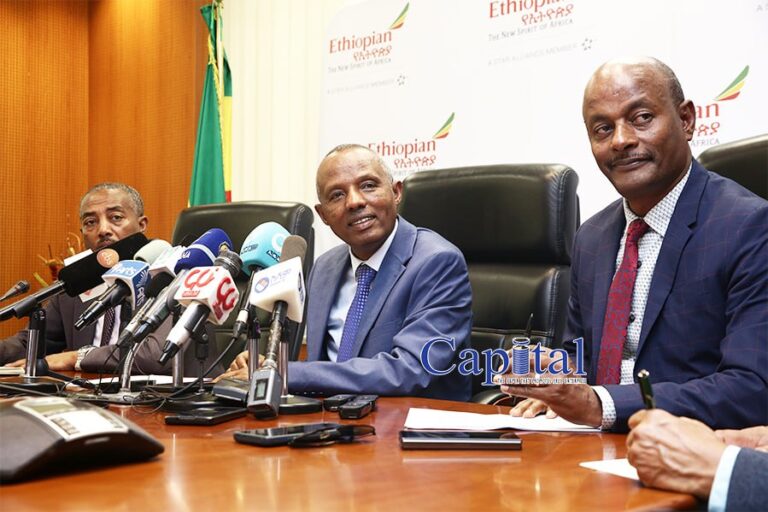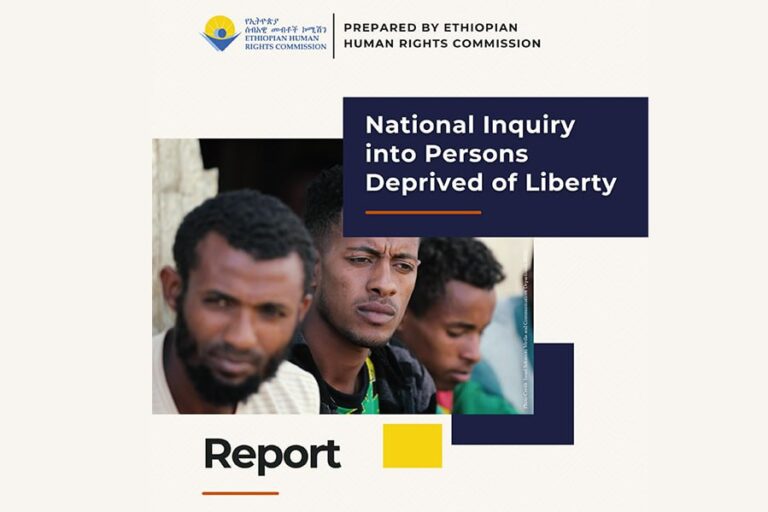An estimated 4.4 million individuals are displaced within various regions of Ethiopia, particularly in areas like Amhara, Oromia, Tigray, Afar, and Benshangul Gumuz. However , approximately 8,000 individuals from this displaced population received a pilot Digital ID.
To mitigate this issue, a pilot initiative in collaboration with humanitarian organizations has been launched to register and provide identification to these vulnerable populations. Despite this effort, the number of displaced individuals who have received digital IDs remains relatively low.
Gebrela Abraham, Policy Advisor of the National ID program, highlighted the ongoing efforts, stating that around 8,000 displaced individuals in West Wolega have been successfully registered and provided with IDs. However, she acknowledged that more work needs to be done to address the broader issue of providing digital IDs to internally displaced persons (IDPs) across the country.
Since the nationwide introduction of the national identification program, approximately 3.8 million people have been registered. Registration centers are operational at nine banks and 69 branches in Addis Ababa, as well as at revenue offices and document registration and verification services throughout Ethiopia.
Efforts are underway in collaboration with UNICEF and WFP to trial the creation of digital identity cards, known as “Fayda” cards, equipped with a unique 12-digit identification number for displaced populations. Biometric technology is being utilized to enhance the accuracy and security of the identification process.
In addition to addressing the needs of IDPs, the Ethiopian government, in partnership with UNHCR, is extending digital identification services to refugees and asylum seekers in the country. This initiative aims to ensure that all individuals, regardless of their displacement status, have access to essential services and support.
However, challenges persist, as many refugees and returnees displaced by drought and conflict struggle to obtain the necessary identification documents to access basic services. It is crucial that identification systems are effectively utilized to verify individuals’ identities and facilitate their access to vital services.
The comprehensive digital identification program, supported by a $350 million investment from the World Bank, is expected to enroll 90 million people by 2028. Through continued collaboration and innovation, Ethiopia seeks to bridge the digital ID gap and provide equitable access to essential services for all its citizens, including those displaced within its borders.






